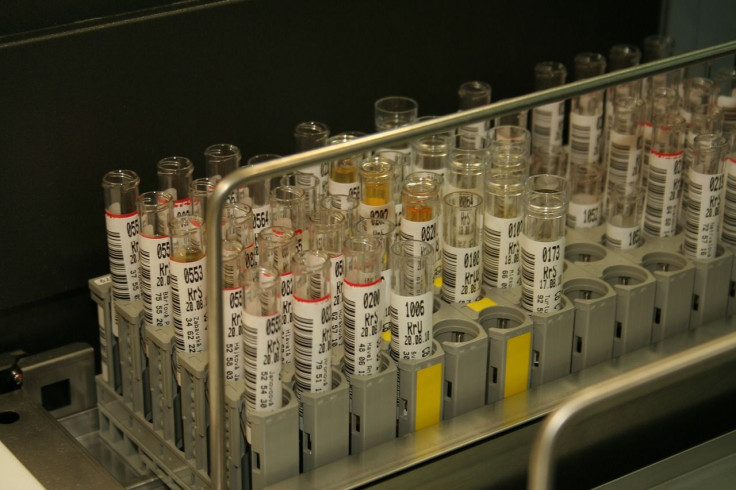5 Alarming Symptoms When Urinating That May Warn You Have Prostate Cancer

Prostate cancer grows in a very slow manner. This means those who suffer from it may not notice any symptoms at their early stages. The symptoms of prostate cancer oftentimes manifest only when the growth is already big. At this time, it starts to apply pressure on the tube called urethra. The urethra facilitates the ejection of urine from the bladder to the penis.
You must be able to identify the symptoms because, like other forms of cancer, there is no cure for prostate cancer at present. Since the prostate gland is very near the urethra, many of the prostate cancer symptoms will start affecting how a person urinates.
Macmillan Cancer Support, a specialist health care charity organization, there are two symptoms to watch out for. This would include difficulty in peeing and needing to urinate more often than necessary, particularly at night.
Another symptom is having the feeling like you have not fully emptied your bladder after urinating. Other symptoms include seeing blood in your urine or semen, and the urgent need to pee several times a day.
According to Macmillan, you need to see a doctor if you experience many of these symptoms. You must be able to do this immediately as the efficacy of cancer treatments oftentimes depend on early detection.
Do not be alarmed though, if you experience any or most of these symptoms as it does not automatically mean you have prostate cancer. In some instances, it may be possible that such symptoms may have been caused by another ailment called BPE or benign prostate enlargement.
BPE, in an explanation made by the NHS on its website, is a medical term used to define an inflamed prostate. This health condition can greatly impact how you pee. The health organization also revealed that BPE is common in men who are 50 years old and above. It is not cancer, and oftentimes does not pose a serious hazard to your health.
Some worry their enlarged prostate opens them to a higher risk of prostate cancer. Medical experts disagree. They say the risk of prostate cancer development depends on other factors and not on enlarged prostate.
© Copyright IBTimes 2024. All rights reserved.





















